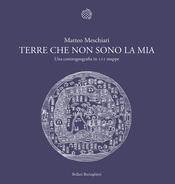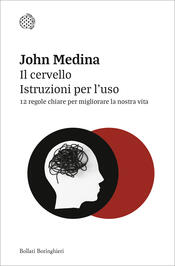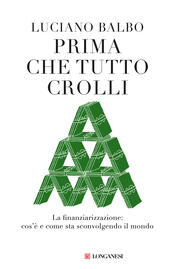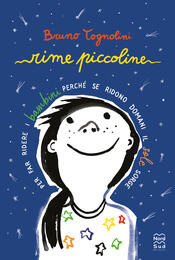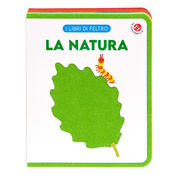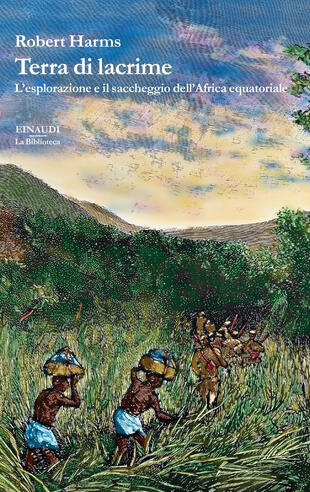

Sinossi
Come le grandi potenze coloniali europee, mercanti arabi e affaristi americani si spartirono l'Africa equatoriale e il bacino del Congo, trasformando in pochi decenni una «terra incognita» in una delle aree d'Africa più brutalmente sfruttate. Un momento cruciale nella storia del colonialismo; una vicenda di spietati carovanieri, esploratori, soldati, schiavisti e avidi uomini di potere; di ideali infranti e di comunità ed ecosistemi irrimediabilmente devastati. Per secoli, gli abitanti della foresta pluviale del Congo tennero a debita distanza le dirompenti forze dell'economia globale. Ma alla fine dell'Ottocento, in sole tre decadi, il cuore dell'Africa venne completamente trasformato; tanto che all'inizio del Novecento, il bacino del fiume Congo era diventato uno dei luoghi piú sfruttati della Terra. In Terra di lacrime, l'autorevole storico Robert Harms ricostruisce il caotico processo che permise tutto ciò. Negli anni settanta dell'Ottocento, commercianti, esploratori e uomini di potere giunsero nella regione da Arabia, Europa e America. Qui diedero inizio a uno sfrenato commercio di avorio e gomma per i mercati occidentali, e di schiavi per le coste dell'Oceano Indiano. Al centro di questo processo vi furono tre uomini: Henry Morton Stanley, un esploratore gallese che lavorava per conto del re Leopoldo del Belgio; Pierre Savorgnan de Brazza, un italiano originario dello Stato Pontificio che fondò un impero in nome della Francia; e Tippu Tip, un uomo di nascita mista (africana e araba) che costruì un vasto impero commerciale nell'Africa equatoriale, prima per il sultano di Zanzibar e poi alle dipendenze di Leopoldo. Uomini dalle identità ambigue e non sempre leali, le cui traversie si sovrappongono alle devastazioni subite dal Congo. Muovendosi dai remoti villaggi africani fino alle riunioni delle diplomazie europee o alle fabbriche del Connecticut di tasti in avorio per pianoforte, Terra di lacrime ci fa scoprire in che modo l'Africa equatoriale venne fatalmente intrappolata nel nostro mondo globale.
- ISBN: 8806247204
- Casa Editrice: Einaudi
- Pagine: 510
- Data di uscita: 30-11-2021
Recensioni
the colonization of the Congo by the Belgians has always been a harsh topic to read about albeit an interesting one. This book focused on three explorers and how their journeys shaped the colonization of Equatorial Africa by European countries. It focuses on the annexation of the Congo by King Leopo Leggi tutto
This is the book I had been looking for, and not known it. It covers the European intrusion into Equatorial Africa (the Congo) at the end of the 19th century with a wide-angle view of events that keeps the reader from getting bogged down in colorful stories like those of Henry Morton Stanley or King Leggi tutto
While I have read quite a few books on the exploration of the Nile, I know little about the exploration and development of the countries along the Congo River. Centering on the lives of the American Henry Morton Stanley, the Zanzibari Tippu Tip, and the French-Italian explorer Pierre Savignon de Bra Leggi tutto
No Heart of Darkness here. The greed of King Leopold in the Congo, murder, cut off hands, disease, Arab slavery, corporate slavery, African slavery until almost the 20th Century, then the French join in French Congo. Millions of Africans will end up dying, perhaps 3 million. All for colonies and now Leggi tutto
For those interested in the topic, this book is the genuine article: not just deep research, but deep thought. It seems that publishing companies have decided the way to write about history is with parallel stories of a few significant or famous individuals, and Harms does some of that here, focusin Leggi tutto
In the beginning, I found this book to be fascinating -- that there was cross-continental trade in the early 1800's. but then it became more brutal as Arab traders enslaved indigenous Blacks to transport ivory (tons of ivory -- how many elephants were killed for pianos and billiard balls). Then it w Leggi tutto
Riveting. A clear, compelling narrative, focused on three explorers/traders in late 19th c. central Africa. The “Arab”/Zanzibari ventures are most eye-opening and in sharpest contrast to traditional Eurocentric histories. Harms also focuses on ivory trade as key forerunner of the horrifying rubber s Leggi tutto
This looks at the exploration and colonization of the Congo River area in the late 19th century, focusing on three individuals: Henry Stanley (who worked for the Belgians), Pierre de Brazza (with the French), and Tippu Tip (who was with the Sultan of Zanzibar). The first half covers all three men's
Very informative book about the history of Equatorial Africa! It’s difficult to believe that human beings were treated so horrifically not to mention the poaching of elephants for ivory. I loved learning about the different participants in this time of history, but wished he would had elaborated mor Leggi tutto
Citazioni
Al momento non ci sono citazioni, inserisci tu la prima!


